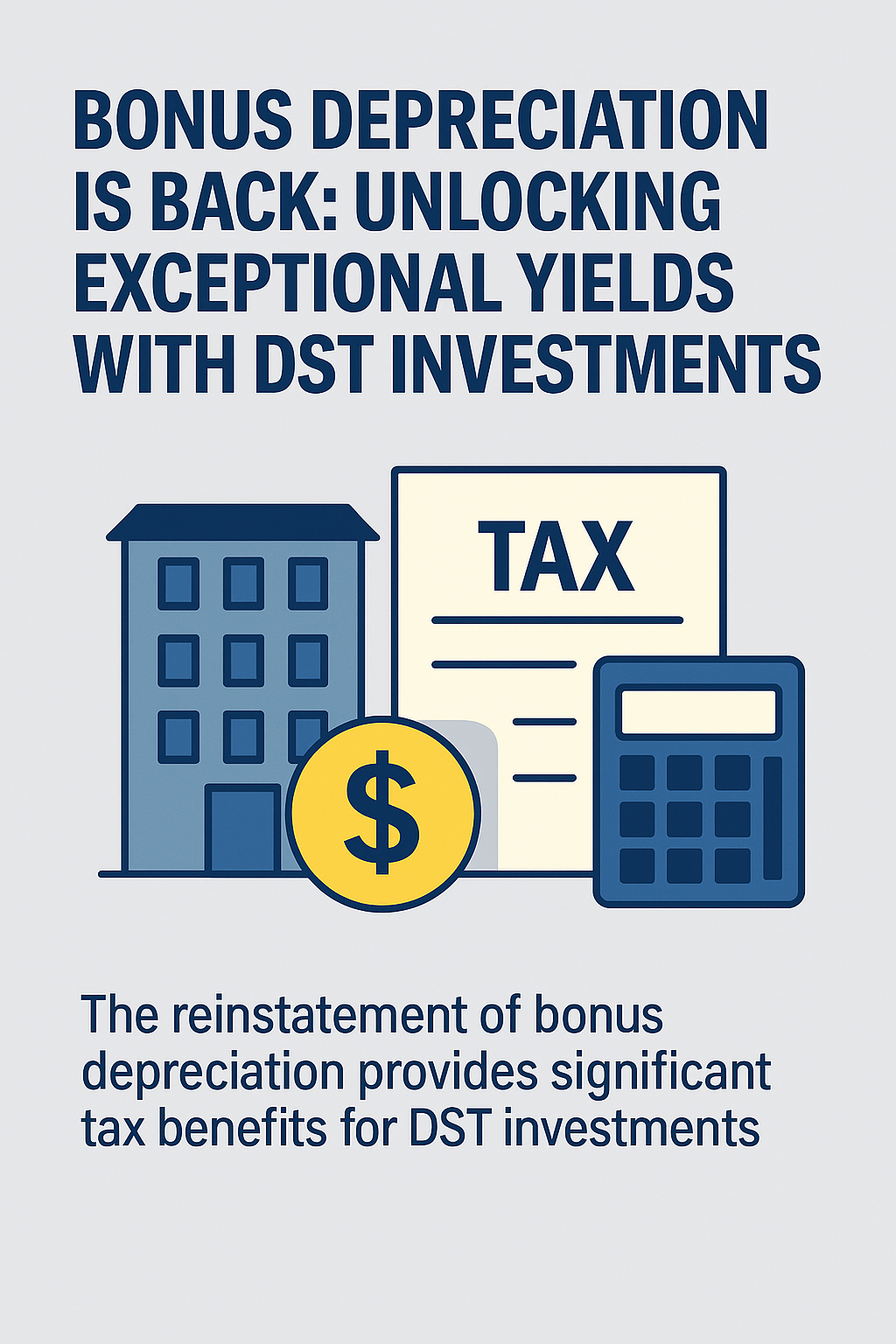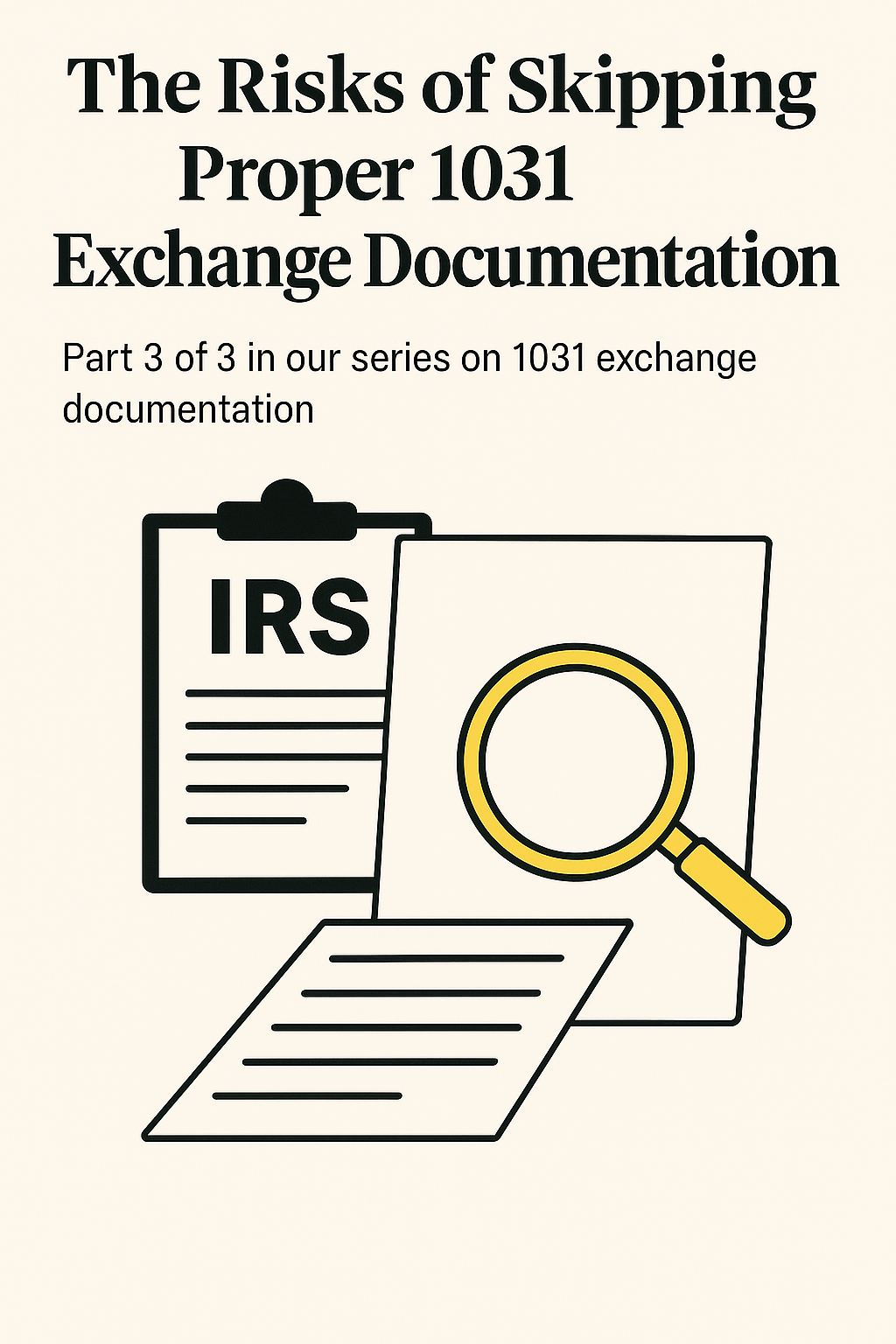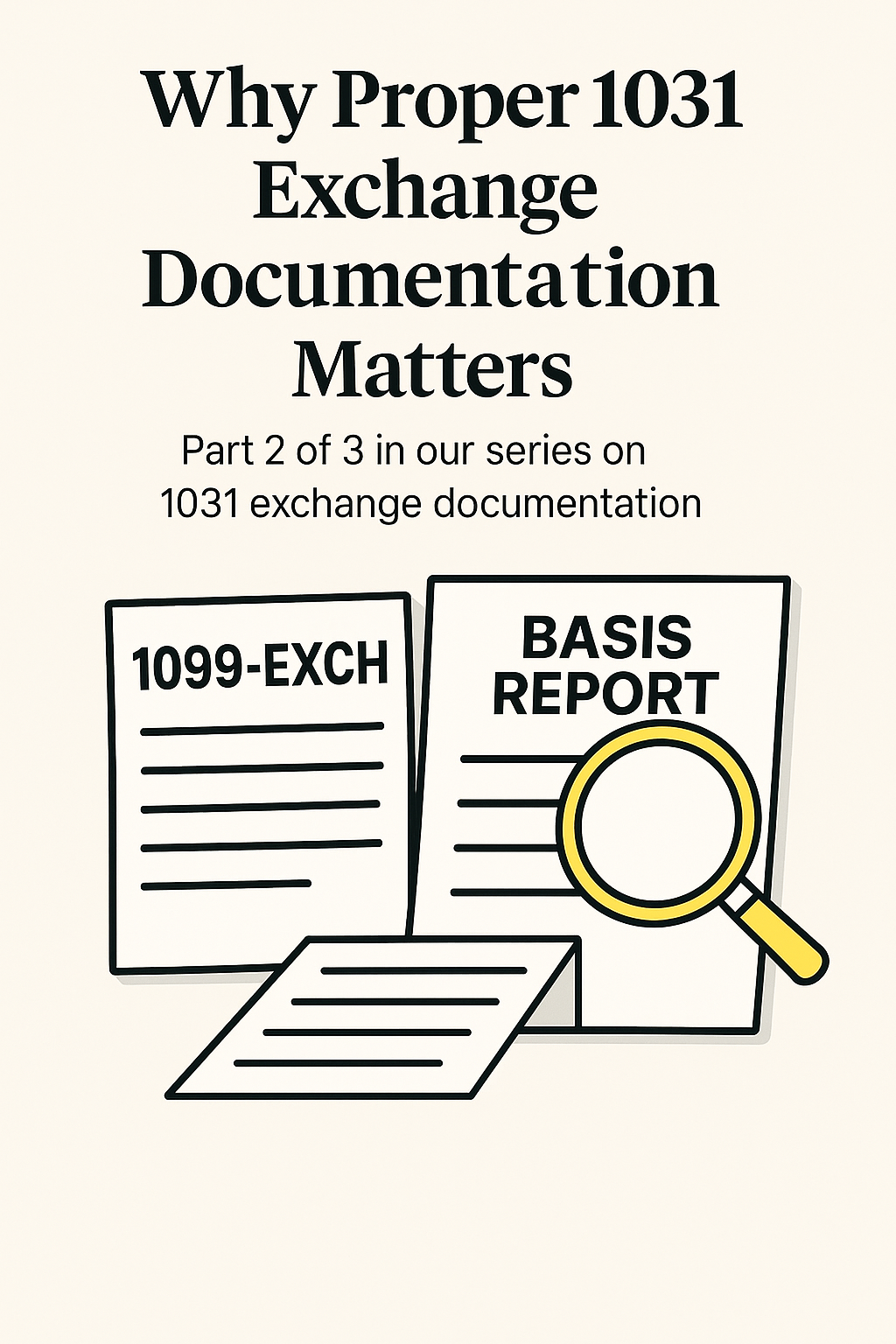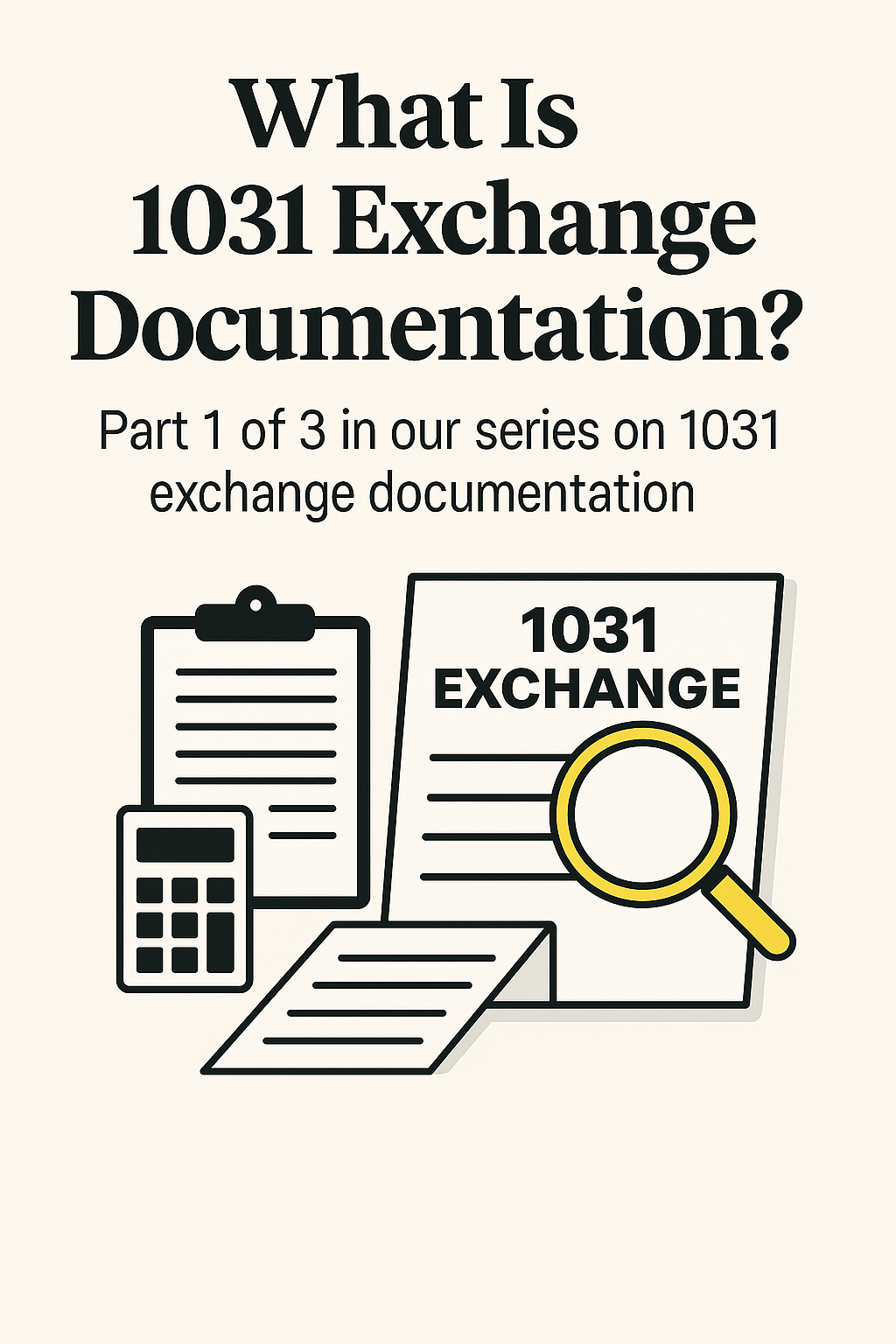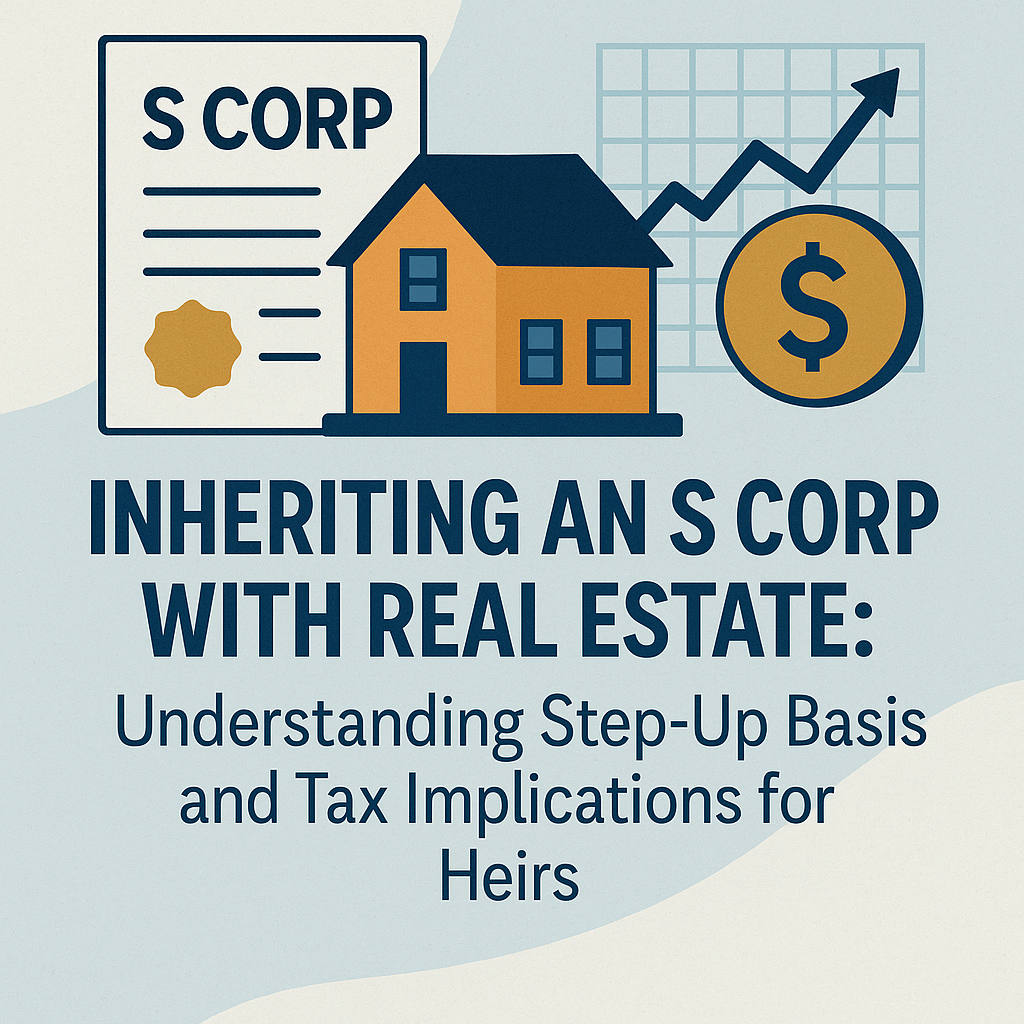Why This Is Important
One cannot complete an efficient exchange that achieves their goals in a tax-efficient manner without first understanding terms such as “carryover basis” and “trade-up basis” and how these concepts work in an exchange.
Basis Basics
“Basis” is a tax term that simply means adjusted cost. (In my opinion, the term “adjusted cost” isn’t used only because that would make taxes less complicated!) When you purchased your first rental property, your basis was the cost plus any expenses that came with the purchase.
For example, imagine an investor who bought a property for $199,000 and paid $1,000 for escrow charges. This would make for a basis of an even $200,000.
Carryover Basis
Suppose the investor keeps the property with a $200,000 basis for fifteen years and then sells it for a net sale price of $600,000. If the investor does an exchange, the $200,000 basis will carry over and be called “carryover basis” for the new property or properties purchased in the exchange. (This is a simplified explanation, as I have omitted depreciation and other additions to basis. These would also be taken into consideration when figuring the basis of the new property.)
Trade-Up or Excess Basis
To complete the exchange, let’s assume the investor buys a $1,000,000 property using the $600,000 cash from the exchange and adding another $400,000 of cash or debt. The trade-up basis is the purchase price of the new property ($1,000,000) minus the sale price of the old property ($600,000). Therefore, in this case, the trade-up basis would be $400,000. Other terms used for trade-up basis include “excess basis” or “a step up in basis”.
Conclusion
Understanding basis is particularly important because basis is what determines your tax deduction for depreciation. Using current tax laws with an understanding of basis can help you accomplish your goals. For example, in the case studies section, you will see how someone in this situation could take more than $75,000 in boot from an exchange and not pay any federal taxes.
Give your referral partner listed above a call for a free consultation if this is something that interests you.


